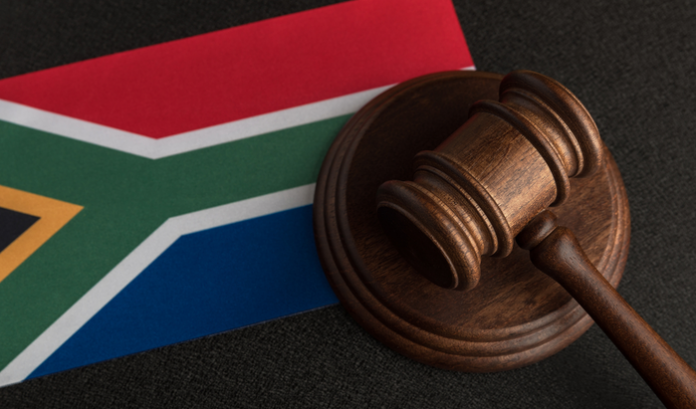The South African National Lottery Commission’s (NLC) COO Phillemon Letwaba has been served with notice of his third suspension at the organisation, according to GroundUp.
The South African news outlet reported that the notice was delivered last week and the suspension is expected to be enforced this week, as Letwaba faces the same four charges on which he was previously cleared. There is also the potential of new charges being brought against him.
Letwaba was first suspended in March 2020, forced into taking a leave of absence on full pay. He returned to work in July 2021 – 17 months later – before being suspended for a second time in October 2021 following further allegations of corruption.
At the first disciplinary inquiry, Letwaba was accused of conflict of interest and using front companies to funnel money from non-profit companies that received lottery grants.
Charges against him also included contraventions of the Prevention of Organised Crime Act, as well as sections of the Lotteries Act and the Public Finance Management Act. He pleaded not guilty to all charges.
However, after being cleared of corruption charges earlier this year – when Letwaba issued his own allegations of bias – the new board of the NLC has hit him with a third suspension.
GroundUp reports that an ‘NLC source’ said that the new board had asked NLC Commissioner Thabang Mampana to suspend Letwaba, but said that she did not comply with their instructions, leading the board to take the matter into its own hands.
The new board, as well as Trade, Industry and Competition Minister Ebrahim Patel, who has oversight of the lottery, had concerns about how the first disciplinary inquiry was conducted.
Shortly after Letwaba was cleared of the charges, Special Investigating Unit (SIU) head Andy Mothibi told the Parliamentary Trade and Industry Portfolio Committee that he too had reservations about the way the disciplinary hearing was conducted.
Lawyers acting for the new board, who scrutinised both the evidence and the outcome of the first inquiry, have spent weeks working on the new charge sheet.



























